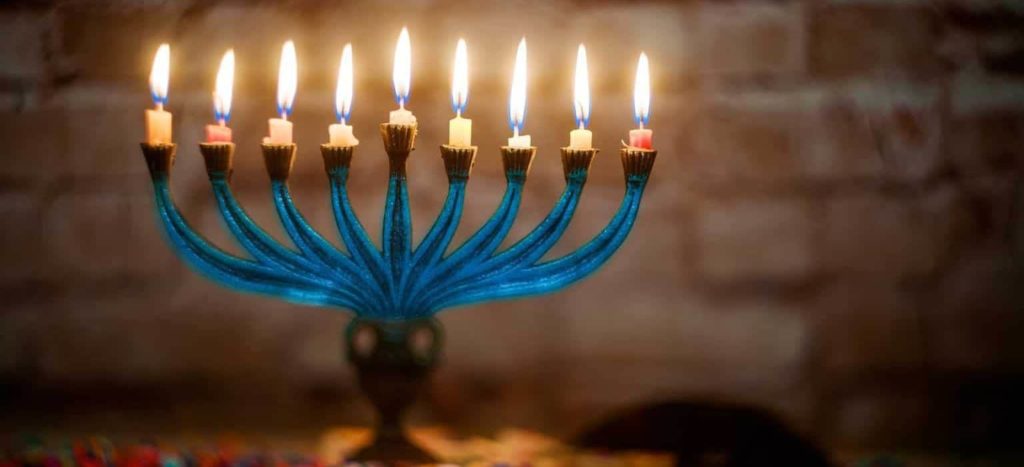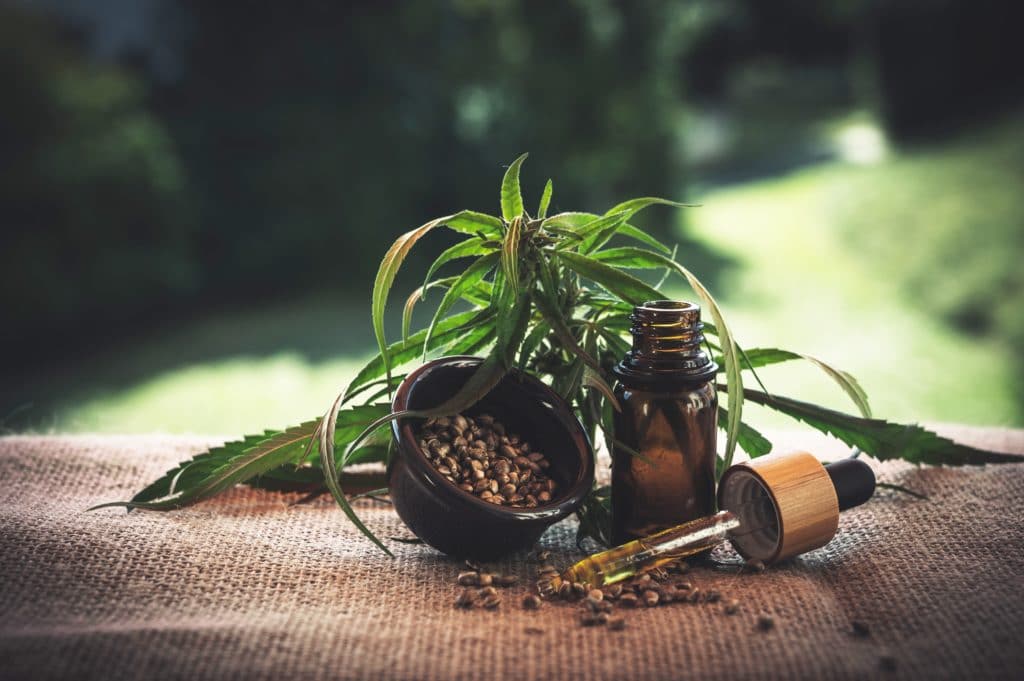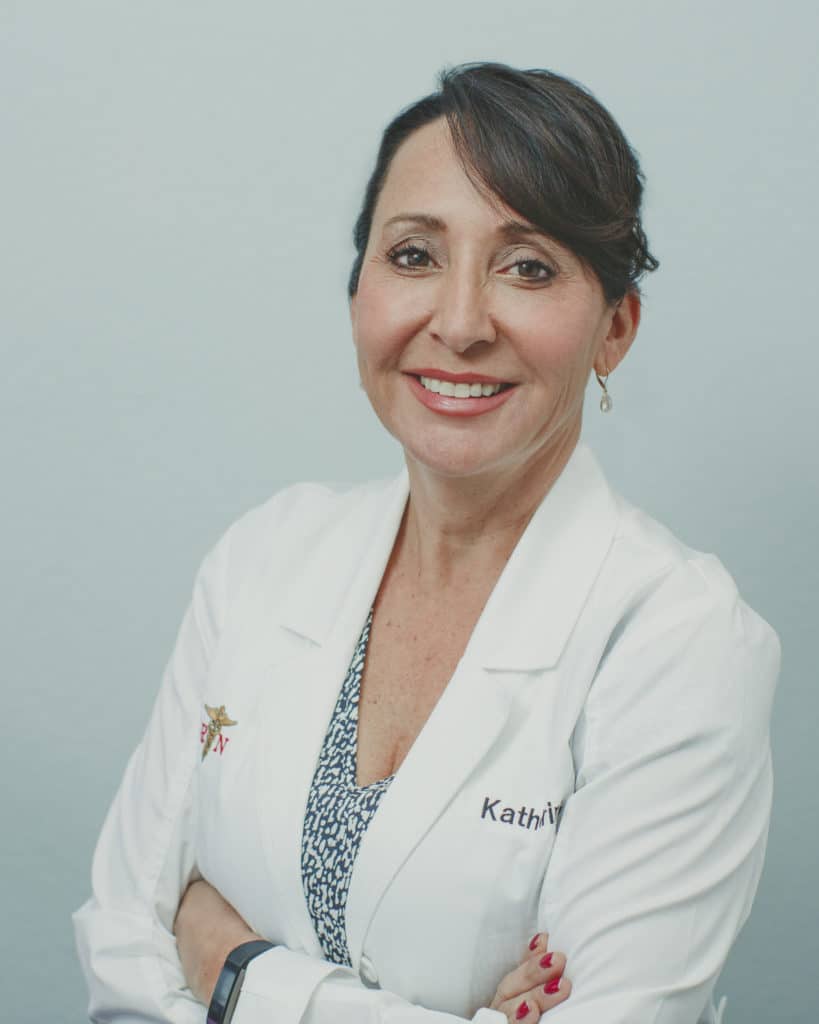Read Time: 4:00 Mins.Hanukkah begins this year on December 2 and continues for eight days. Known as the Festival of Lights, Hanukkah (or Chanukah) means “dedication” and the holiday celebrates the ancient rededication of a Jewish Holy Temple in Jerusalem following the defeat of a much larger Greek-Syrian army in the year 167 BC. When the victors reclaimed the temple, they sought to relight its menorah, but found only a small, one-day supply of olive oil. They lit the menorah and the oil within it miraculously lasted for eight days.
To commemorate this miracle, members of the Jewish faith light a succession of candles from left to right for each day of Hanukkah, culminating with lighting all eight candles on the final day of the holiday. Throughout the week, families gather to celebrate, blessings are spoken and the Hanukkah Menorah’s flames softly dance as songs are sung and age-old rituals are observed. Children’s laughter fills the room as dreidels are spun and daily gifts are exchanged. Traditional Jewish foods prepared in oil are served and, in many families, kosher wine is enjoyed. Regardless of the traditions that are unique to your family, it is a time of peace and love as Hanukkah “teaches people to shine outwards into our surroundings.” If cannabis is a normal part of your health, wellness, or spiritual path in life, will it play a role in your Hanukkah festivities?
Is Cannabis Kosher?
When it comes to consuming cannabis as part of the holiday, a question that arises is whether cannabis use is acceptable within Hanukkah’s religious tenets. As with many spiritual, philosophical and ethical questions, the best answer is, it depends. Within the Jewish community there are differences of opinions on whether cannabis use is, well, kosher. There is little debate that cannabis itself is kosher because it is a plant which is not subject to kashrut Jewish dietary law. However, that’s where general agreement stops and different opinions manifest. For example, some edicts declared that the plant was not to be used during Passover. This has subsequently changed as medicinal cannabis is no longer a cause for a debate. However, within more conservative Orthodox traditions, purely recreational use is not permitted. Yet, if used in a spiritual, but non-medicinal manner, it may be acceptable. Medical ethics expert Rabbi J. David Bleich of Yeshiva University, a premier Jewish educational institution, has commented on the issue. His perspective can be found in a variety of media outlets including the Daily Jewish Forward where he states that medicinal use is “a perfectly acceptable use of a plant that grows in God’s garden.” He goes on to say however that “any edibles would have to be prepared under kashrut, the Jewish dietary law.” Kosher edibles are currently a niche segment within the cannabis community, but that may be changing. The Orthodox Union, one of the world’s leading Kosher food certification organizations is now certifying prepared cannabis edibles that follow Jewish dietary law.
Vireo Health is the first U.S. company and the first in the world to achieve the OU Kosher Certification for its products, and their New York dispensaries provide a vital service to members of the Jewish faith. Ari Hoffnung, CEO of Vireo Health of New York stated that “being certified kosher by the OU will not only help us serve the dietary needs of the largest Jewish community in the United States but also combat unfortunate stigmas associated with medical cannabis. By getting our entire product line certified as kosher, we send an important message to New Yorkers of all faiths and backgrounds that using medical cannabis to alleviate pain and suffering does not in any way represent an embrace of ‘pot’ culture. Patients should never feel guilty or ashamed for using a product recommended by their physicians.”
So, to recap, smoking or vaping cannabis flower (grown outside of Israel) is not subject to kosher certification, prepared edibles and processed oils are, and the Orthodox community, in general, frowns upon recreational use of either. To learn more, Haaretz.com has an excellent article about it.
Cannabis and Hanukkah
If you’re considering including cannabis edibles as part of your Hanukkah festivities you have options from a few cannabis brands. Los Angeles-based non-profit Mitzva Herbal Co., founded by Shifra and Alex Klein, sells kosher edibles. Shifra is a mother of four and is a member of LA’s Ultra-Orthodox Lubavitch community. She began by creating edibles for two of her children with special needs. Another LA-based company is the Koreatown Collective owned by Janice Hardoon who also makes her own kosher marijuana products.
California-based Utopia Farms offers delicious macaroons that are raw, gluten-free, vegan, kosher-friendly, paleo-friendly and made with organic ingredients and pesticide contaminant-free guaranteed extracts. Look for them in your Los Angeles or greater California dispensary. While they are not (yet) officially certified as kosher, they follow the kashrut requirements.
North of the border, Hydropothecary Corp., is the only licensed producer of medical cannabis in Quebec, Canada, and is the only company in Canada that offers certified kosher cannabis products. Rabbi Levy Teitlebaum announced the certification just in time for Rosh Hashanah this year. “Kosher certification is something that is relied upon by many people, including vegans, vegetarians and people who are careful about what they consume, as a symbol of trust. What this certification shows is the value placed on proper etiquette for kosher and for being able to care for people. That is a beautiful harmony” said Rabbi Teitlebaum.
No matter how you celebrate Hanukkah, we wish you a happy, peaceful holiday. If cannabis is part of your wellness, spiritual, or family gathering plan, we have recent articles on celebrations and edibles (Halloween Treats, Thanksgiving Recipes and Cannabis Dinner Table Etiquette) that may be helpful.
Please let us know about how you are celebrating Hanukkah this year. We’d love to have a conversation on our social channels.
Philip Rebentisch is a writer and Content Editor for Three Wells. In certain German dialects, Rebentisch translates to Rabbi’s Table.




